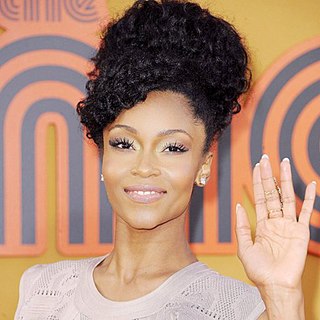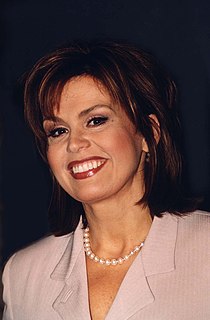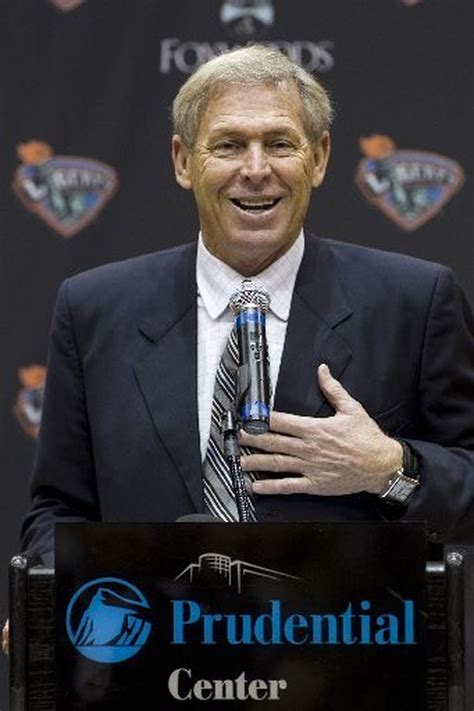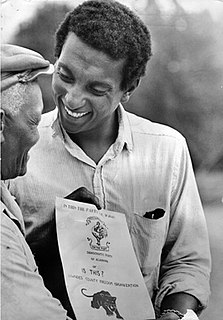A Quote by Ava DuVernay
Oh, Diane Nash deserves her own film. Diane Nash is a freedom fighter who is still alive and kicking. She was one of the leaders of the desegregation of Nashville, basically. She was a student at Fisk University who was one of the founding members of SNCC, the Student Nonviolent Coordinating Committee.
Related Quotes
We like to think of the '60s as Martin Luther King, Jr. and Malcolm X and a little bit of friction - no, there were all of these different groups. There was the Student Nonviolent Coordinating Committee (SNCC), the Black Panthers, Martin and Malcolm, but also the Whitney Youngs of the world, the Bayard Rustins of the world.
I'm crazy about Diane Von Furstenberg. It's a relationship that's very different; I don't see Diane a lot. So when I saw the article in New York magazine she looked so beautiful and it was talking about her work, too. She set up the interview and it was happening. That's different than someone writing a book about you who you've never met.
I get goose-bumps when you talk about Diane Wilson. Who knows where she found that courage? When she was a child, she would crawl under the bed when a stranger came to the house. But in 1989, she found out that her county in south Texas was ranked worst in the country for toxic waste. She wondered if the effluent, dumped into the waters where she and her family had shrimped for generations, might be responsible for the dwindling fish populations. And she suspected that her son's autism might be related to the pollution.
Suppose a student of mine writes in her exam that "morality is completely relative to culture, so nothing is absolutely right or wrong. Because of that, it is absolutely wrong to be culturally intolerant". This student, if she believes what she writes, believes a contradiction. She ought not to believe the contradiction - it's a basic epistemic norm. This is true even if she can't avoid believing it - no amount of studying will show her the light.





































